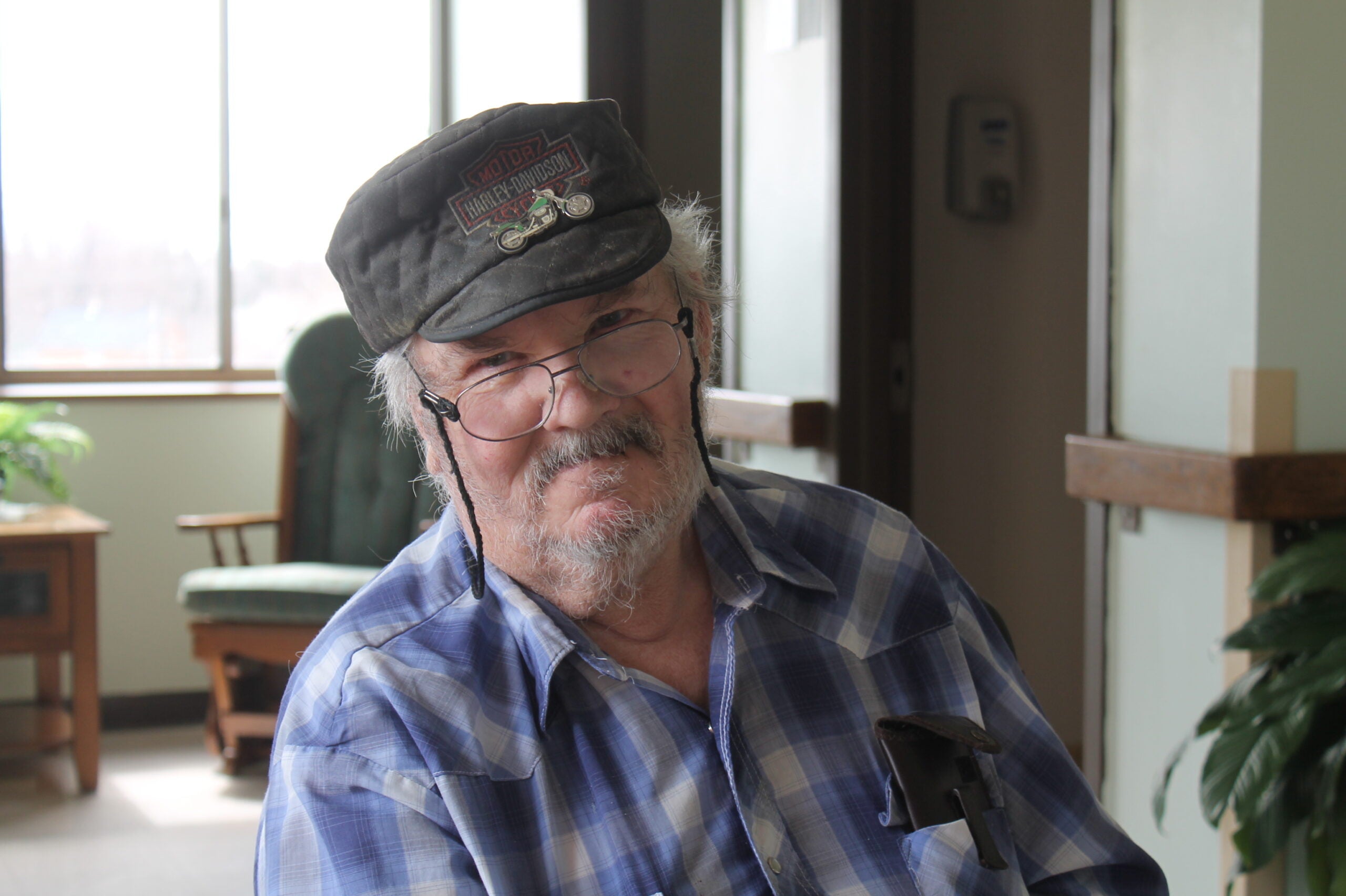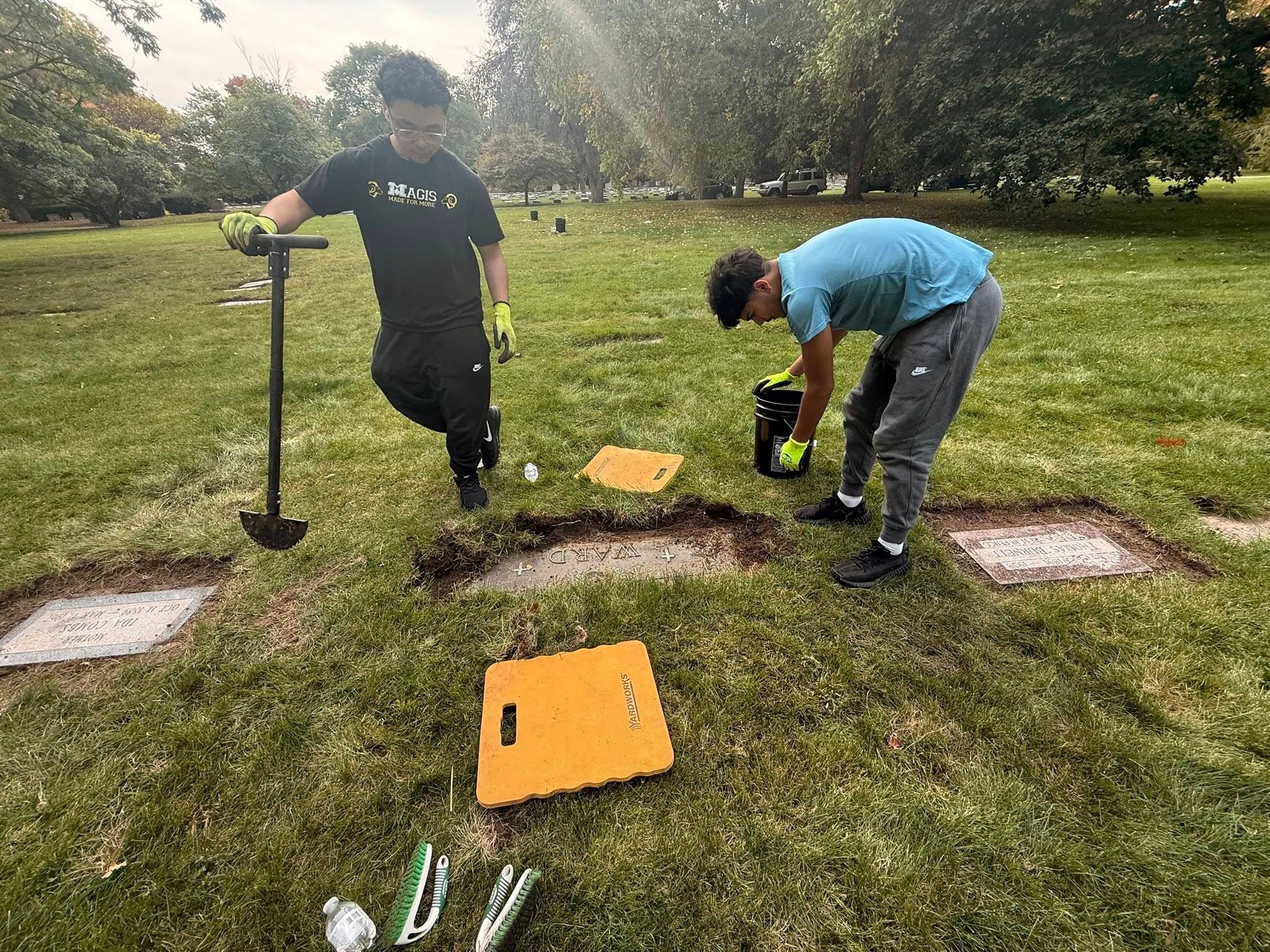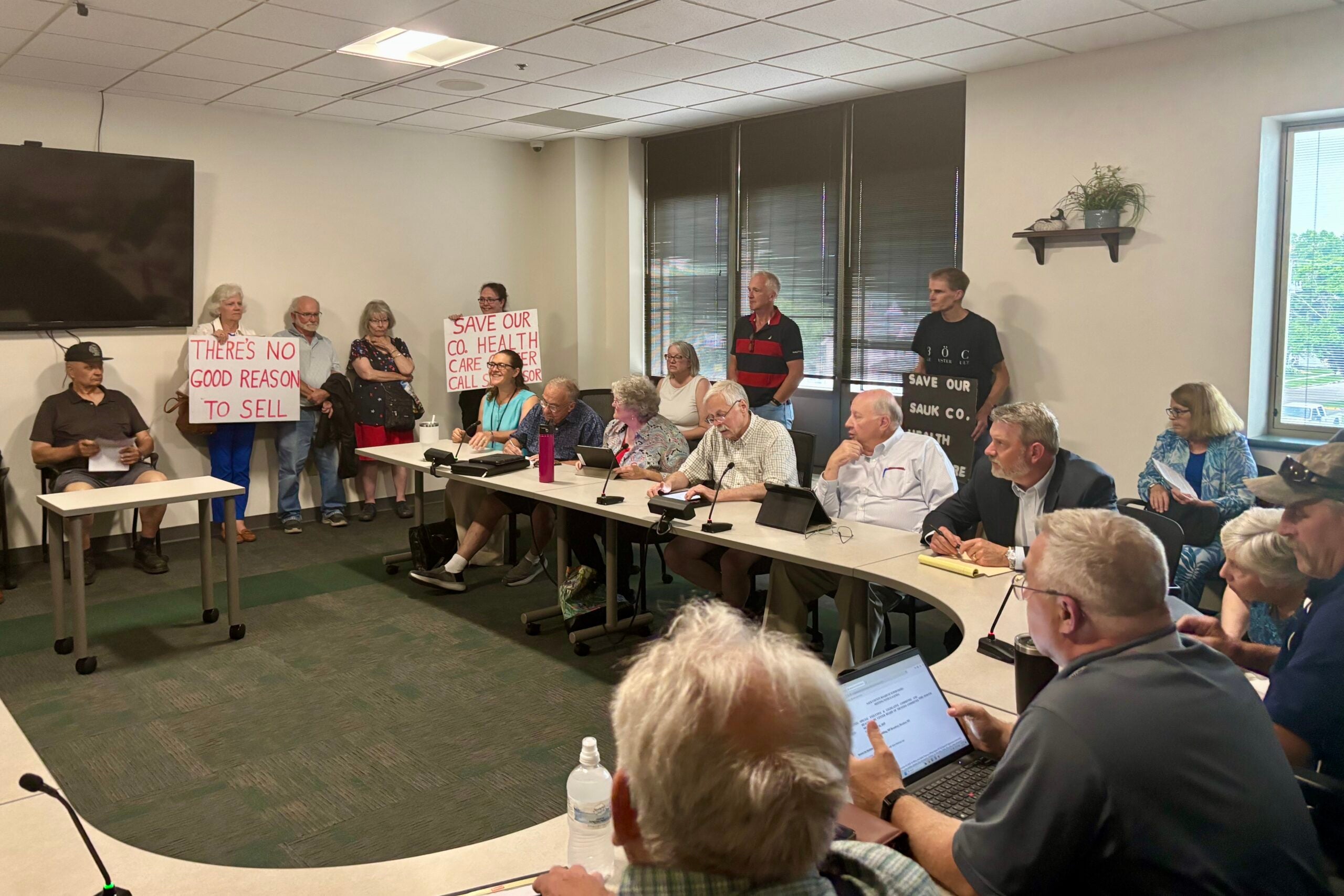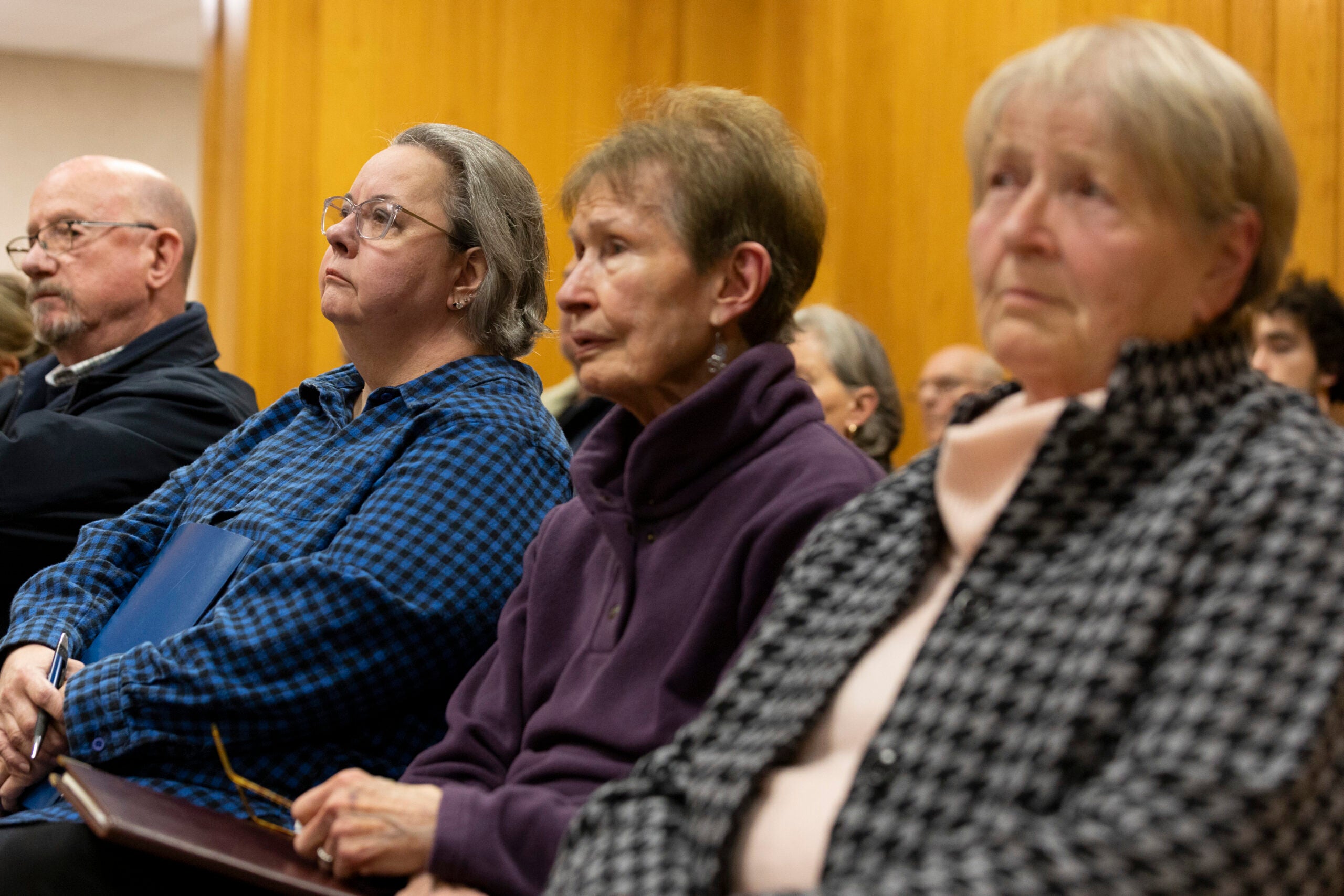A secretive practice called “dumping” that illegally evicts elderly residents from nursing homes might be happening more often than previously thought.
Nursing home resident Greg Lundholm said St. Francis in the Park in Superior has its good points, but it’s still a nursing home. He needs 24-hour care so this is his life. What he insists on is it be his choice to stay there.
“I figure it’s my decision, my right. Just because I’m here, I don’t give myself up, my rights and everything. They don’t get thrown away,” Lundholm said.
News with a little more humanity
WPR’s “Wisconsin Today” newsletter keeps you connected to the state you love without feeling overwhelmed. No paywall. No agenda. No corporate filter.
State and federal nursing home regulations are supposed to safeguard against illegal evictions, a practice called dumping. But John Hendrick, state Elder Law Center chief counsel, said he’s seeing more and more cases of dumping. The reason? Money.
“Both on the state and federal level, the Medical Assistance program has been tightened up, the financial incentives are to use the beds for people who can privately pay because the Medical Assistance payment is substantially less,” Hendrick said.
Hendrick said some homes will use reasons other than financial, like unruly behavior or mental illness, as an excuse to kick out a resident. But this practice is so secretive that the state doesn’t track violations.
“A lot of nursing home regulation is done somewhat privately, and even though it should be a public record, increasingly those records are not available,” he said. “It does make it difficult and it does make it difficult for family members that are trying to get legal recourse after something happens.”
Not only are records often unavailable, but Hendrick said that a national report says for every case of dumping reported, 20 cases go unreported.
“Older people who are in nursing homes are the very people who are not always in a good position to make reports to assert their rights,” he said. “So that’s why the under-reporting is such a problem.”
Question: And an unscrupulous home would take advantage of that?
“That seems to be the case. There’s a financial incentive because people who privately pay for nursing home care pay more than people who are funded by Medical Assistance,” he said.
Kim Marheine, Wisconsin long-term care ombudsman supervisor, oversees other state ombudsmen who help residents and families. She said they get several complaints of dumping a week.
“All of us know that home and family are one of the most dear things that we have in our lives,” Marheine said. “You think about that person who’s 98 (years old) and fragile and perhaps a bit disoriented, to not know your belongings or to not know if this is where you’re going to be able to stay forever? We follow things like transfer trauma. We know that persons who are very fragile sometimes die because they’ve been transferred too many times.”
State Rep. Jon Richards of Milwaukee has sponsored the Senior Citizen’s Bill of Rights measure, legislation that so far has failed to pass in the state Legislature. He said dumping needs to be tracked and more ombudsmen are needed.
He does think the vast majority of nursing homes don’t illegally evict residents.
“But, there are a few unethical instances that we hear of where people’s care becomes very expensive, the nursing home has a capped reimbursement for a person and it just becomes too big of an expense to swallow and that case, some unethical nursing homes cut corners and dump their patients and that’s wrong and that’s what we need to root out,” Richards said.
Melvin Beckwell, 75, came to St. Francis in the Park after he said he was dumped by another facility. Now, people can usually find him in his favorite spot, sitting by himself in a fourth-floor room overlooking a park.
“I like coming up and looking out the window and seeing everything. It’s kind of nice. I’m here because I can’t do nothing else. My wife can’t take care of me anymore so that’s why I’m in a rest home,” Beckwell said.
He said at least he knows this is where he’ll be able to stay for as long as he wants.
Editor’s Note: This story is the first part of a six-part series, called “Aging Wisconsin,” during the next week.
Wisconsin Public Radio, © Copyright 2026, Board of Regents of the University of Wisconsin System and Wisconsin Educational Communications Board.







